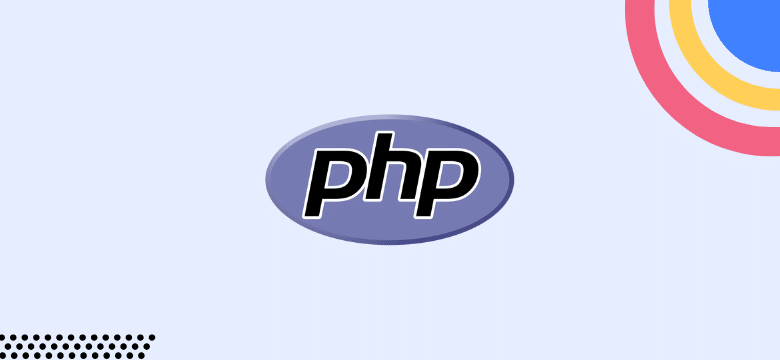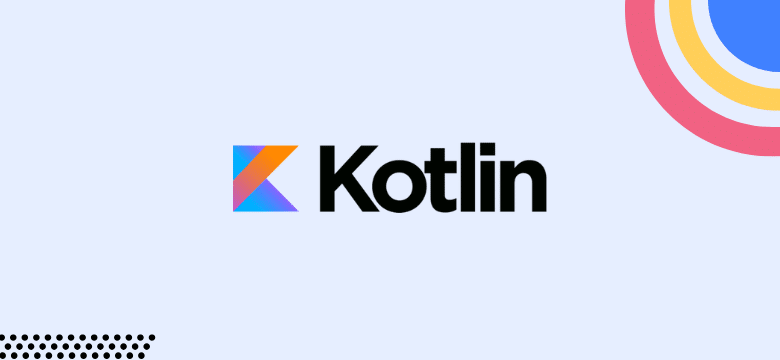









For decades, Object-Oriented Programming (OOP) has been the dominant paradigm in software development. By structuring code into reusable “objects,” OOP has powered everything from enterprise software and mobile apps to video games and large-scale web applications.
However, the programming landscape is evolving rapidly. With the rise of Functional Programming (FP), microservices, and AI-driven development, many are questioning whether OOP is still the best approach or if more modern paradigms have rendered it obsolete.
So, where does OOP stand in 2025? Is it still a critical skill for developers, or is it being phased out? Let’s explore OOP’s core strengths, emerging challenges, and future prospects to answer this question.
At its core, Object-Oriented Programming (OOP) is based on four key principles that help developers build scalable, maintainable, and modular applications:
OOP revolutionized software development because it made code more reusable, scalable, and easy to manage. Major companies adopted OOP-based languages like Java, C++, C#, and Python to build robust applications.
Real-world examples:
Despite these benefits, modern software demands have shifted, introducing challenges that OOP wasn’t originally designed to solve.
Functional Programming (FP) promotes immutability, pure functions, and declarative code, making it better suited for concurrent computing and large-scale data processing.
In machine learning and data science, libraries like TensorFlow and Pandas favor FP over OOP.
Companies like Twitter and Facebook use Scala (FP language) for high-performance applications.
Many large OOP-based applications follow monolithic architectures, making them harder to scale. Microservices, on the other hand, break applications into independent, modular services.
Netflix transitioned from a Java monolith to a microservices architecture to handle billions of streaming requests seamlessly.
OOP was designed for structured, rule-based applications, but AI and ML require data-driven, functional, and event-based programming.
Google’s AI models are built using functional principles in Python rather than OOP-heavy structures.
These shifts have led some developers to question OOP’s long-term viability—but is it really outdated?
Despite these challenges, Object-Oriented Programming (OOP) remains essential in several key industries:
Enterprise Software Development
Game Development
Mobile App Development
Long-Term Software Maintainability
Rather than being replaced, OOP is adapting to modern software trends.
Multi-Paradigm Programming is the New Standard
Hybrid Approaches Offer the Best of Both Worlds
OOP Design Patterns are Becoming More Efficient
OOP is still highly relevant—but it’s no longer the only approach.
At ITC Group, we leverage OOP, FP, and modern development practices to build scalable, maintainable, and high-performance applications. Whether you’re working on enterprise software, AI, or cloud computing, choosing the right paradigm is essential.
Stay ahead in a rapidly changing world with our monthly look at the critical challenges confronting businesses on a global scale, sent straight to your inbox.